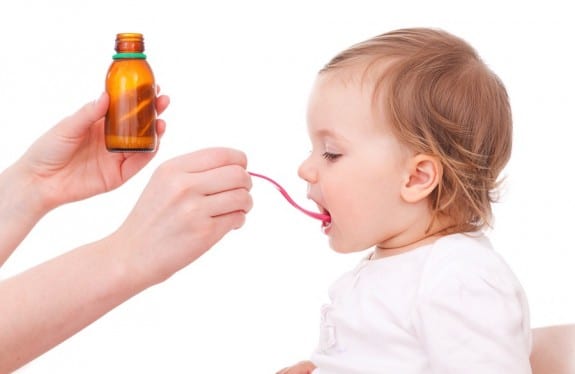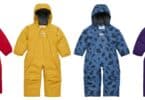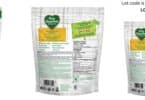Since October 2009, the federal department has required labels on over-the-counter cough and cold medicines, warning parents of potential dangers to young children. For kids under age 6, these medications are often ineffective but they can be potentially harmful. Despite the warnings from Health Canada, researchers have found that one in five children continue to be given these medications.
Pediatrician Dr. Jonathan Maguire of Toronto’s St. Michael’s Hospital says the warning label has done very little to deter usage, and that many parents still don’t know that these medications are not intended for young children. Too much of these types of medicines – sometimes due to a mix-up in measuring or from overlapping doses – could cause a child to suffer seizures, induce a coma, or even cause severe sedation leading to death.
Over-the-counter cough and cold products typically include a combination of antihistamines, decongestants, cough suppressants, and an analgesic such as acetaminophen. These ingredients can cause side effects including high blood pressure and heart palpitations, symptoms a young child may be unable to communicate to his or her parents.
Use of these remedies for young children is more likely when there are older siblings at home. Parents may have used these products for their older children before the new warning labels went into effect, so they continue to rely on the product to treat cold and cough symptoms in a younger child.
The researchers strongly believe that the warning labels on these products should be more prominently placed on the front of the bottles, and that these products should be taken off drugstore shelves and placed behind the pharmacy counter to make them less easy to access.
Health officials agree that further efforts are needed to inform the public about the risks involves for young children given these medications.







